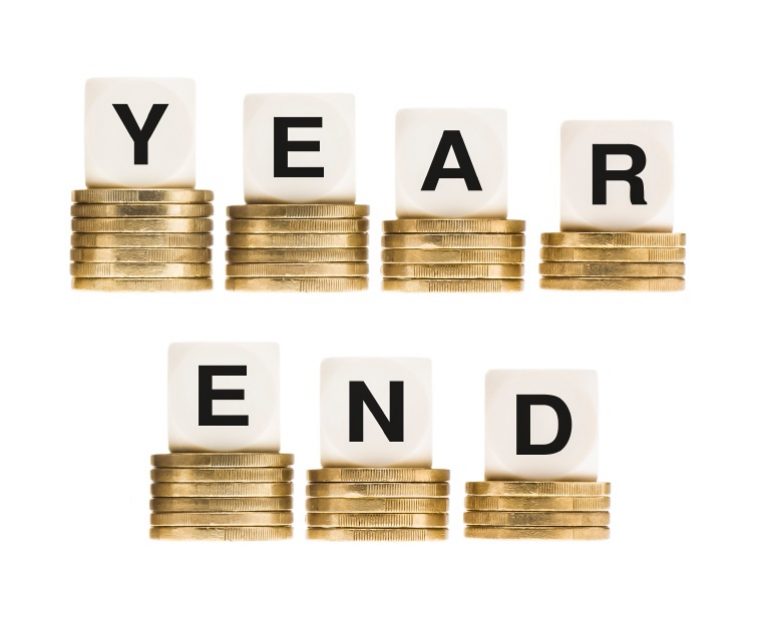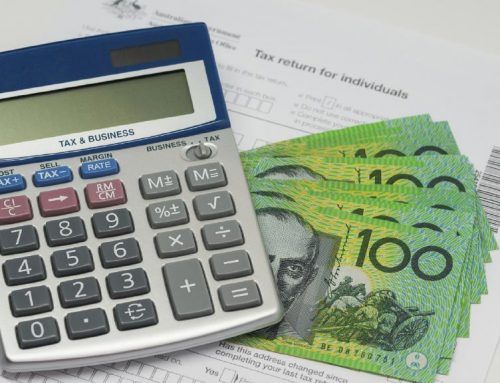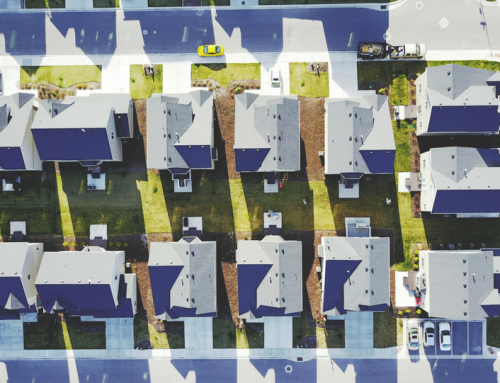Hold onto your hats! The winds of change are coming…
If you work, have kids, get sick, drive, or even fish, you could be affected by the changes being brought in on July 1st.
Here’s the lowdown on what’s set to change and the impact it might have on you.
MINIMUM WAGE
It’s good news for 1.86 million of Australia’s lowest-paid workers who will be earning an extra $15.80 a week from July 1st. The Fair Work Commission’s annual minimum wage decision raised the minimum wage by 2.4%, so workers will now earn $672.70 per week or $17.70 per hour.
FAMILY TAX BENEFIT
Couples whose youngest child is 13 years old or above will be missing out on the Family Tax Benefit Part B as of July 1st.
The previous cut-off age for the payment, which provides support of up to $4400 a year, was 18 years.
If you’re a single parent, grandparent, or great-grandparent carer, you will still be able to receive the payment, but grandparents and great grandparents must register before July 1st to still be eligible.
VISITS FROM THE DOCTOR
The last thing you need when you’re ill is added financial worries, but there has been talk of a “medical Armageddon” on the horizon, with patients being hit by a heap of new medical costs once the July 1st changes come into play.
On the plus side, the government has been able to reach an agreement with the pathology sector which will put on hold plans to increase the cost of lab tests.
The Australian Medical Association has warned that thanks to the continued Medicare rebate freeze in this year’s budget, GPs will have no choice but to either stop bulk-billing or increase co-payments by $15 to $25 per visit. Ouch!
Analysis carried out by the University of Sydney has found the freeze will have the effect of cutting doctors’ incomes by approximately $50,400 in 2019/2020, so the fee is merely a way of them maintaining their current level of income.
“It’s not like you flick a switch on July 1st and it changes. Some doctors have already responded [by increasing fees],” said a spokesman for the AMA.
“It’s anecdotal so far — the Medicare statistics are released quarterly — but the feedback we get from members is their practices won’t be viable if they keep bulk billing at the current rate.”
ROAD TOLLS
It’s not just your tyres that need to stay inflated; it’s road toll prices as well. The increases will come into place on most toll roads around the country, but will be just a few cents in most cases, to match the rate of inflation.
In Victoria, there will be a three cent increase to the maximum toll for a car on CityLink as it goes from $8.66 to $8.69, and a trip across the Bolte Bridge will set you back $2.90 instead of $2.89.
In NSW, the M2 toll price for cars will rise by between one cent and six cents, depending on the number of toll points you pass.
And in Queensland, at the Murarrie toll point on the Sir Leo Hielscher bridges, you’ll be paying an extra seven cents with the toll for cars rising from $4.32 to $4.39.
POWER PRICES
No matter where you live, unless you’re in an off-the-grid hippy commune, you won’t be able to avoid rising power bills. The steepest price hikes will be felt in NSW and South Australia, which already has the nation’s highest power prices.
South Australia households will be paying on average around $230 extra per year, after AGL announced a price increase of 10%. Origin Energy prices are going up by 6.5% – that’s about $117 per year – and Energy Australia customers will have to find an extra $260 a year.
NSW residents won’t be hit quite so hard. The 1.5% increase approved by the Australian Energy Regulator will amount to a $30 increase for the average customer – roughly in line with inflation.
This increase is only a temporary measure, though. It was put in place after a ruling to slash costs at government-owned power companies was controversially overturned – a decision which could potentially see power bills rising again by hundreds of dollars.
In the ACT, electricity is set to rise by 6% but if you use both electricity and gas you may not notice too much of a difference overall, as ActewAGL plans to reduce gas prices. According to The Canberra Times, a typical home will see its gas bill drop by about $105 a year as electricity rises by roughly $100 a year.
COUNTRY OF ORIGIN LABELLING
If you care about where your food comes from, you’ll welcome the coming changes to food labelling. You’ll begin to see clearer information on packaging about where food is produced, grown, made or packed.
It’s the ambiguity between terms like “made in” and “product of” which has led the government to tighten up the regulations.
Don’t expect to see packets change overnight though; food companies have been given two years of transition time to sell existing stock and re-design their packaging before the new laws are enforced on July 1st 2018.
TAX CUT FOR SMALL BUSINESSES
This one’s not fixed in stone yet, but there should be a tax cut from 28.5% to 27.5% for businesses with an annual turnover under $2 million. “This measure is not yet legislated but is supported by both parties,” said CPA Australia head of policy Paul Drum.
GET READY FOR SUPER STREAM
Small businesses that employ people need to get ready to use SuperStream.
“From July 1, an employer with 19 or fewer employees will be required to pay super contributions for their employees electronically (EFT or BPAY) and send the associated data electronically,” Mr Drum said.
“If you are not prepared for SuperStream, seek professional advice or visit the ATO website.”
FARM MANAGEMENT DEPOSITS
When it comes to farmers’ finances, the maximum level of farm management deposit (FMD) each eligible primary producer can hold is increasing from $400,000 to $800,000.
“Also coming into effect from July 1, any primary producers affected by drought can withdraw their FMDs without losing their claimed tax benefits,” Mr Drum said.
“[That is] provided they made their FMD in the previous financial year, have held their FMDs for at least six months, and can demonstrate that an area of their farming property has been affected by a rainfall deficiency for six consecutive months.”
UNFAIR DISMISSAL RIGHTS
Every year, the Fair Work Commission carries out an annual wage review and as part of this, it increases the income threshold for employees who are covered by unfair dismissal laws.
This year, the threshold rises to include employees who earn up to $138,900, up from $136,700 where it currently stands.
GET THOSE COLLECTIBLES OUT
As of July 1st, any “collectibles” (artwork, jewellery, vintage cars, etc.) owned by a self-managed super fund may no longer be stored at the trustee’s residence.
This change aims to stop trustees from “using” collectibles in their care. “This is where the ATO are circumventing the, ‘I store the painting at home, but of course it’s in the safe — wink, wink’ conversation,” writes Sonia O’Donnell from Superfund Partners.
“As the Auditors, or the ATO cannot be at your home to verify the existence of the collectable or that it truly is not being used, the decision was made to remove the temptation and remove the collectable from reach. Therefore, the new legislation states that any collectable must not be stored at the SMSF trustee’s residence.”
STAMP DUTY
Foreign property investors are being hit hard in Victoria, with massive increases in stamp duty from July 1st and land tax from next year. Stamp duty for foreign buyers is more than doubling from 3% to 7%, while “absentee landholders” will have to pay a 1.5% land tax surcharge instead of the current 0.5%.
The NSW government is also getting in on the action, with its state budget revealing a 4% stamp duty surcharge on residential property purchases, and a 0.75% land tax surcharge from 2017.
FIRST HOME BUYERS’ GRANT
First home buyers in Queensland will receive a bonus $5,000 in the form of an increased home buyers’ grant.
The Great Start Grant is going up from $15,000 to $20,000, and is available for buyers of their first newly constructed property under $750,000.
LICENCES, REGO AND TRANSPORT
Your driver’s licence, vehicle registration and public transport fees are going to rise, but it’s nothing too drastic – around 1.9% to stay in line with inflation.
A five-year licence in NSW will cost you $178 instead of $174, while in Victoria there’s a $1.90 increase from $76 to $77.90 for a three-year licence.
A Queensland five-year license is going up by $5.60 from $159.40 to $165, and in South Australia you’ll be forking out $210 rather than $205.
Your state government transport website will have all the info on the new prices, if you’re interested.
STUDENT VISAS
The government is simplifying the student visa framework, meaning that from July 1st there will only be one class of student visa available.
The idea is to make the application process “simpler to navigate for genuine students, deliver a more targeted approach to immigration integrity and reduce red tape”.
The new single visa will be subclass 500, regardless of field of study. Any students with existing visa subclass numbers 570 to 576 will not be affected.
FISHING LICENCE FEES
Fees for recreational fishing licences in Victoria are increasing for the first time since 2008. As of July 1, you’ll be paying $10 for a three-day licence (up from $6), $20 for a 28-day licence (up from $12), $35 for one year (up from $24.50), and $95 for three years (up from $66). Looks like they’ll be reeling it in!











